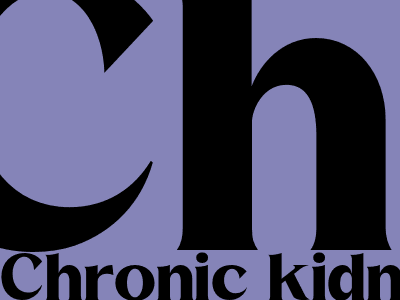
Chronic Kidney Disease: An Overview
What is chronic kidney disease (CKD)?
Chronic kidney disease (CKD) is a condition in which the kidneys are damaged and cannot function properly. CKD can be caused by a variety of conditions, including diabetes, high blood pressure, and autoimmune diseases. CKD can lead to a number of health problems, including kidney failure, heart disease, and stroke.
What are the symptoms of CKD?
The symptoms of CKD can vary depending on the stage of the disease. In the early stages of CKD, there may be no symptoms at all. As the disease progresses, symptoms can include:
- Fatigue
- Loss of appetite
- Nausea and vomiting
- Swelling in the hands, feet, and ankles
- High blood pressure
- Frequent urination
- Foamy urine
- Kidney pain
How is CKD diagnosed?
CKD is diagnosed with a blood test that measures the level of creatinine in the blood. Creatinine is a waste product that is produced by the muscles. The level of creatinine in the blood can indicate how well the kidneys are functioning.
How is CKD treated?
There is no cure for CKD, but treatment can help to slow the progression of the disease and prevent complications. Treatment options for CKD include:
- Medications to lower blood pressure
- Medications to reduce protein in the urine
- Diet changes to reduce the amount of salt and protein in the diet
- Lifestyle changes, such as quitting smoking and exercising regularly
- Dialysis, a procedure that filters waste products from the blood
- Kidney transplant
What is the prognosis for CKD?
The prognosis for CKD depends on the stage of the disease and the underlying cause. In the early stages of CKD, the prognosis is good with proper treatment. However, as the disease progresses, the prognosis becomes worse. CKD can lead to kidney failure, which is a life-threatening condition.
How can CKD be prevented?
There is no sure way to prevent CKD, but there are a number of things that can help to reduce the risk of developing the disease, including:
- Controlling blood sugar levels if you have diabetes
- Lowering blood pressure if you have high blood pressure
- Maintaining a healthy weight
- Eating a healthy diet
- Getting regular exercise
- Quitting smoking
- Limiting alcohol intake